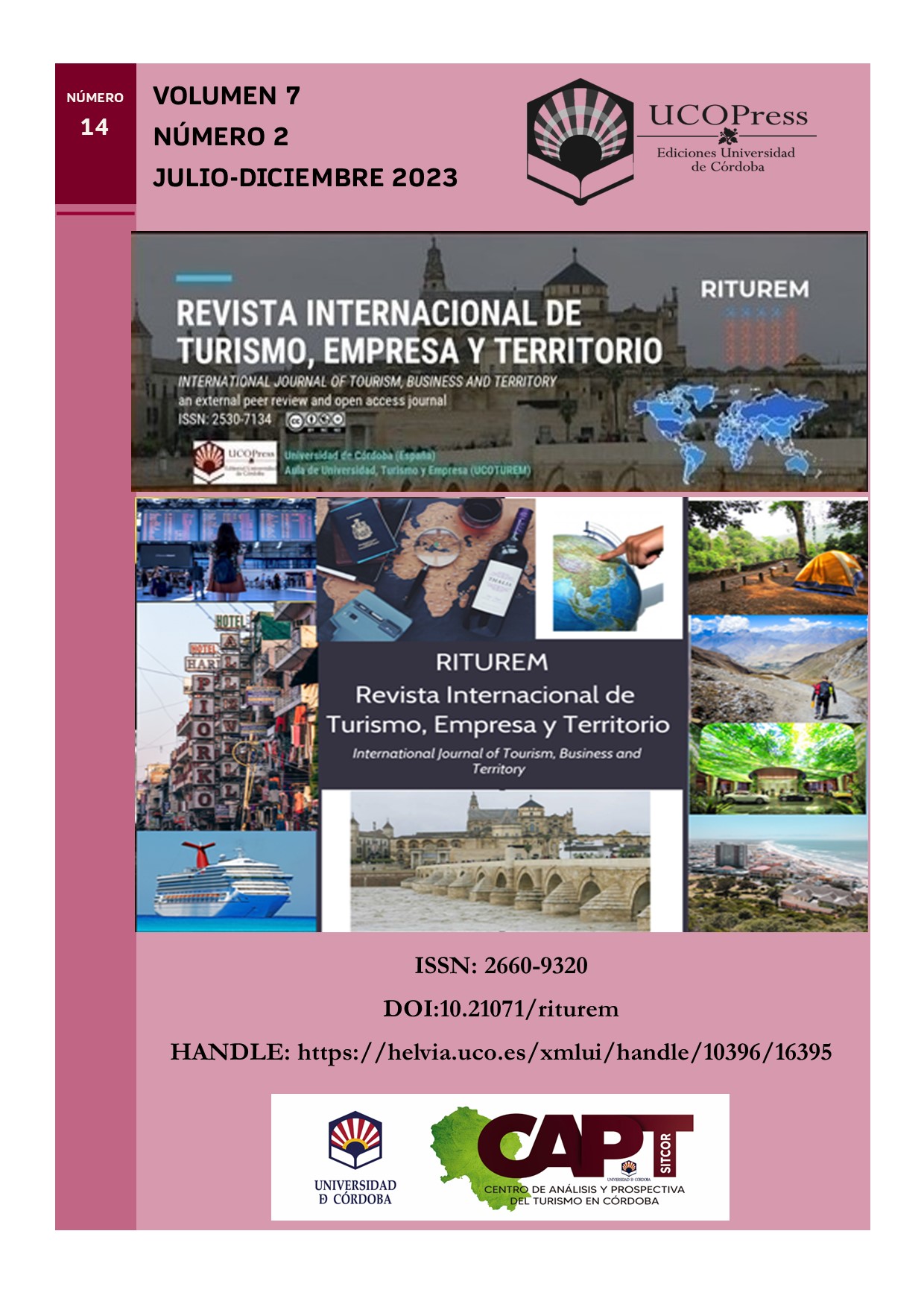The Impact of Artificial Intelligence Techniques as a Modern Trend to Reinforcing the Competitive Advantage in the Egyptian Hotels Establishments (Applied Study on Four and Five Stars Hotels)
Contenu principal de l'article
Résumé
The study aims to identify the impact of artificial intelligence techniques as a modern trend to reinforcing the competitive advantage in the Egyptian hotels establishments. The study population included all the Egyptian hotels in the governorates of (Greater Cairo, South Sinai, the Red Sea) with four stars, numbering (176), as well as five-star hotels, numbering (94), so that the total number of hotels is (270) hotels with a total number of employees from managers and heads of departments In these hotels (2430) individuals, and given the size of the target study community, which is difficult to reach due to its size, A sample of the study population was chosen to represent it by applying Stephen Thompson's equation, so that the sample size was (332) individuals. The study tools included distributing an electronic questionnaire on Google Form. The data on Through the SPSS 25 program for the social and behavioral sciences, the most important results that were reached were: that the Egyptian hotel sector uses artificial intelligence techniques, but to a lesser extent. The most important advantages of these applications are increasing the quality of services provided, improving performance, reducing human errors, overcoming problems related to the mental and psychological state of employees and achieving competitive advantage Egyptian hotel establishments, As for the most important obstacles to the applications of artificial intelligence, it is the need for huge investments, the increase in cost, and the absence of human resources qualified to use it, which in turn leads to reducing face-to-face communication between tourists and service providers in hotels. Artificial intelligence and enhancing the competitive advantage of Egyptian hotel establishments, as the greater the use of artificial intelligence techniques, the more this enhances the competitive advantage of Egyptian hotels establishments, The most important recommendations were to seek to expand the use of artificial intelligence techniques and remove all obstacles to application in Egyptian hotels facilities as a modern trend for the Egyptian state by following the steps and recommendations of Egypt Vision 2030 to enhance the competitive advantage of Egyptian hotels, as well as providing government financial support for the hospitality sector, and achieving cooperation with private international companies With Artificial Intelligence to maintain smart systems and ensure their sustainability, implement the concept of smart hospitality to gain a competitive advantage, and finally take into account some other factors such as service, quality and price for those systems in which hotel services will be provided.
Key words: Artificial Intelligence Techniques, Competitive Advantage, Hotels Establishments, Egypt.
Téléchargements
Details de l'article
Avisos de derechos de autor propuestos por Creative Commons
Política propuesta para revistas que ofrecen acceso abierto
Aquellos autores/as que tengan publicaciones con esta revista, aceptan los términos siguientes:
- Los autores/as conservarán sus derechos de autor y garantizarán a la revista el derecho de primera publicación de su obra, el cuál estará simultáneamente sujeto a la licencia Creative Commons CC BY-NC 4.0 (https://creativecommons.org/licenses/by-nc/4.0/deed.es ) , que permite a terceros compartir la obra y permitir obras derivadas siempre que se indique su autor, su primera publicación en esta revista y cuando no se haga uso comercial.
- Los autores/as podrán adoptar otros acuerdos de licencia no exclusiva de distribución de la versión de la obra publicada (p. ej.: depositarla en un archivo telemático o en un repositorio institucional o publicarla en un libro monográfico) siempre que se indique la publicación inicial en esta revista.
- Se permite y recomienda a los autores/as difundir su obra a través de Internet (p. ej.: en archivos telemáticos y repositorios institucionales o en su página web) antes, durante y con posterioridad al proceso de envío, lo cual puede producir intercambios interesantes y aumentar las citas de la obra publicada. (Véase El efecto del acceso abierto).
